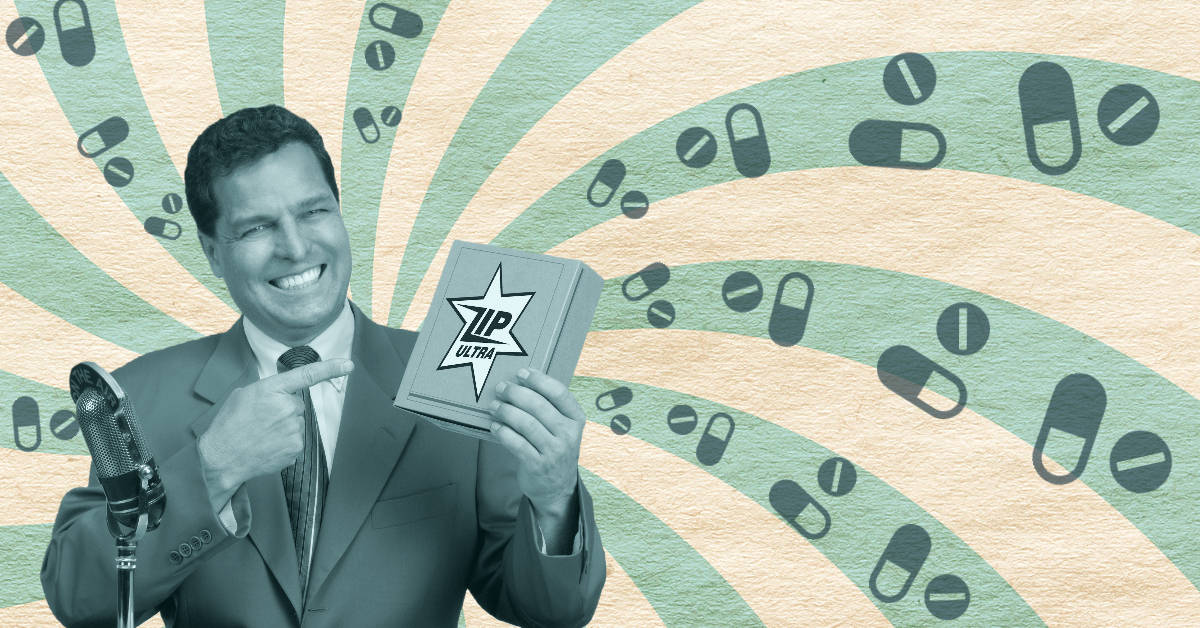In July 2022, a scientific review went viral after finding that there is no reliable evidence depression stems from a lack of serotonin. Almost immediately, a debate driven largely by patients, skeptics, and medical professionals emerged to wrestle with what this could mean for the world’s most prescribed class of antidepressants.
As the Internet wages yet another debate over SSRIs, some researchers—like Dr. Michael Bloomfield—are unphased. “The findings from this umbrella review are really unsurprising,” says Bloomfield, a leading researcher at University College London.1 This isn’t the first time the issue has been brought to light, and some have been quick to dismiss it. One headline reads, “low serotonin may not be the cause – but antidepressants still work.”
As the conversation builds (Do SSRIs work at all? Did advertising obscure the science?), this controversy about serotonin—like most controversies on the subject—continues to overlook a more obvious, pressing issue. While we dispute what effects SSRIs really have on brain and mood, suicide rates climb, overdose numbers quadruple, and mental hospitals are overwhelmed by patients they lack the resources to support.
The latest conversation about antidepressants shows a troubling tension in psychiatry not because of what it says, but because of what it doesn’t: SSRIs are the default treatment for depression. We’re still debating if they work.
SSRIs have been here for more than 50 years. Do we need new versions of the same approach, or do we simply need better treatments?
The Pioneer of the Serotonin Theory: Advertising
As the widest-held belief about SSRIs comes under scrutiny, many psychiatrists shrug it off as old news. Careful research2, 3 has rejected the serotonin theory for years—so why was this study so shocking?
Like many urban legends, it probably started with advertising.
In 1986, Prozac® exploded onto the scene as the first widely available, commercially-marketed SSRI. Soon after, promotional materials for SSRIs flooded magazines, TV, and doctors’ offices with over-simplified, “magic bullet” claims about the new class of drugs:
This advertisement4 is from the 1990s, but its claims remain popular 30 years later.
Image source: Elliot Valenstein, Blaming the Brain. Edited by Ketamine Wellness Centers.
Although the idea of “serotonin imbalance” was never a leading theory of depression,2 it was a leading tool in advertising. SSRIs do increase serotonin in the brain—but it has long been believed that depression has a multitude of causes, ranging from chemical imbalances, to trauma, to genetics.
What may have started as an innocent simplification of science—”depression is caused by low serotonin”—soon grew out of control into a narrative that would dominate the following decades.
It wasn’t until 2005 that serious criticisms even briefly appeared in mainstream media.
Science, Psychiatry, and the Media
In 2005, a scientific essay by two psychiatric researchers gained attention for its criticism of both the FDA and pharmaceutical companies. Its authors claimed that the serotonin theory had been recklessly promoted in order to popularize SSRIs, misleading the public with a claim that lacked adequate evidence.5 In particular, the authors noted that psychiatry was a thriving, multi-billion dollar industry—but for many patients, SSRIs made no difference in their depression. In some cases, their depression only worsened.
This paper cast a magnifying glass on the “Prozac Era,” when Americans were using “four times more antidepressants in the late 2000s than they did in the early 1990s.”6 It was the public’s first hint that SSRIs may not be the breakthrough they had been promised.
In 2006, psychiatrist and FDA Chair Wayne Goodman provided only brief public comments about this scandal. While he admitted that the serotonin model of depression went “too far,” he saw it as “reasonable shorthand” to use with patients.7
When medical “shorthand” is the only explanation patients are offered, what are the consequences? For one thing, medications that are potentially more effective are less likely to be used. Under the assumption that depression is caused only by low serotonin, a medication that raises serotonin (like SSRIs) is an obvious first choice for treatment. But depression doesn’t have one identifiable cause. Researchers believe that depression has diverse, multifaceted origins—which means that treatment options, too, should be diverse.2,8
The serotonin theory can also fail to prioritize crucial aspects of recovery. While depression likely has some chemical causes, successful recovery typically requires treatment beyond medication alone. Consciously working through trauma, seeing a therapist, and implementing lifestyle changes are all associated with improved outcomes for depressed patients,9 but can be neglected when depression is seen solely as a chemical issue. In this sense the serotonin theory is not harmless shorthand, but an active factor influencing how patients critically in need of help receive care.
In 2005, the serotonin theory of depression was thoroughly, publicly discredited. Unfortunately, most of us rarely browse the latest scientific journals, and advertisers had billions to spend on saving face. And so, almost as soon as the story made headlines, it was quietly pushed out of the public view and forgotten.
What next? The quest for depression treatment that works
When SSRIs first became available in 1986, they were hailed as “wonder drugs” for depression. At the time, they were: compared to the risky, potentially deadly lobotomies of yesteryear, a once-daily pill with even a slim success rate was a mark of progress.
50 years later, it is clear that without new treatment approaches, mental healthcare will remain stuck in the ‘80s, relying on medications that regularly struggle to compete with placebo.8 Thankfully, there’s a silver lining: we’re beginning to remember what we had already discovered in 2005, and this time, modern, more effective treatments are on the horizon.
Psychedelics
Unlike conventional antidepressants, psychedelic medicine does not focus solely on brain chemistry. While each compound is different, in general, psychedelic medicine helps stimulate the depressed brain, encourages self-acceptance, and brings awareness of emotions, leading to both personal growth and better outcomes from therapy and support groups.
You’ve probably heard that in recent decades, psychedelics have been investigated as potential breakthroughs for the future of mental healthcare. MDMA (ecstasy), psilocybin (magic mushrooms), and ketamine are among the most promising candidates.
Psilocybin is among the most exciting medicines in modern depression research. This mushroom-based medicine acts on the brain to prompt introspection, self-awareness, and self-acceptance in a way that SSRIs cannot. In a study on major depressive disorder (MDD), it was found that benefits from psilocybin therapy could last as long as one year after treatment.10
MDMA is best known for bringing feelings of personal connection and joy. Not just a party drug, MDMA is actively being investigated for its value as a therapeutic medicine: it slows down processes in the amygdala, which causes emotions like fear and sadness to disappear or shrink dramatically. This unique property is especially promising for the future of treating PTSD, as it may allow a patient to undergo trauma therapy without feeling triggered or upset by difficult memories.
Ketamine is already widely recognized and used as a treatment in the medical world. As the best-researched psychedelic medicine in the United States, ketamine therapy is already legally available. This therapy is especially valuable because of how fast it works: while it can take up to 6 weeks to tell if SSRIs are working, the results of ketamine can be noticed as soon as an hour after treatment. The use of ketamine in depression treatment has ushered in a new era of medicine due to its value in building neuroplasticity, removing negative emotions associated with trauma, and re-connecting neurons that have been separated.
In the 15 years since it should have been laid to rest, the debate about serotonin and SSRIs has been rehashed to the point of irrelevance. Now, it’s time to acknowledge what data and experts have told us for decades: it’s time for new treatments.
Further Reading: Why Traditional Antidepressants Aren’t Cutting It
References
- Expert reaction to a review paper on the ‘serotonin theory of depression’. Science Media Centre. https://www.sciencemediacentre.org/expert-reaction-to-a-review-paper-on-the-serotonin-theory-of-depression/. Published July 20, 2022. Accessed August 1, 2022.
- France CM, Lysaker PH, Robinson RP. The “chemical imbalance” explanation for depression: Origins, lay endorsement, and clinical implications. Professional Psychology: Research and Practice. 2007;38(4):411-420. doi:10.1037/0735-7028.38.4.411
- Healy D. The structure of psychopharmacological revolutions. Psychiatr Dev. 1987;5(4):349-376.
- Adapted from Valenstein ES. In: Blaming the Brain: The Truth about Drugs and Mental Health. New York: Free Press; 2002:181. https://archive.org/details/blamingbraintrut0000vale_q0y5/page/n311/mode/1up. Accessed July 29, 2022.
- Lacasse JR, Leo J. Serotonin and depression: a disconnect between the advertisements and the scientific literature. PLoS Med. 2005 Dec;2(12):e392. doi: 10.1371/journal.pmed.0020392. Epub 2005 Nov 8. PMID: 16268734; PMCID: PMC1277931.
- Calderone J. All-purpose antidepressants. Scientific American Mind. 2014;25(6):20-20. doi:10.1038/scientificamericanmind1114-20
- Meek C. SSRI ads questioned. CMAJ. 2006;174(6):754. doi:10.1503/cmaj.051634
- Munkholm K, Paludan-Müller AS, Boesen K. Considering the methodological limitations in the evidence base of antidepressants for depression: A reanalysis of a network meta-analysis. BMJ Open. 2019;9(6). doi:10.1136/bmjopen-2018-024886
- Cuijpers P, Sijbrandij M, Koole SL, Andersson G, Beekman AT, Reynolds CF 3rd. Adding psychotherapy to antidepressant medication in depression and anxiety disorders: a meta-analysis. World Psychiatry. 2014;13(1):56-67. doi:10.1002/wps.20089
- Gukasyan N, Davis AK, Barrett FS, et al. Efficacy and safety of psilocybin-assisted treatment for major depressive disorder: Prospective 12-month follow-up. Journal of Psychopharmacology. 2022;36(2):151-158. doi:10.1177/02698811211073759





